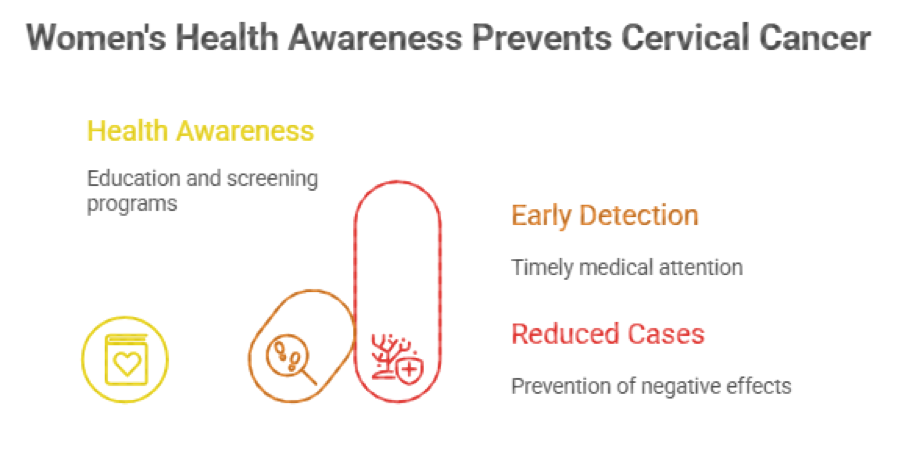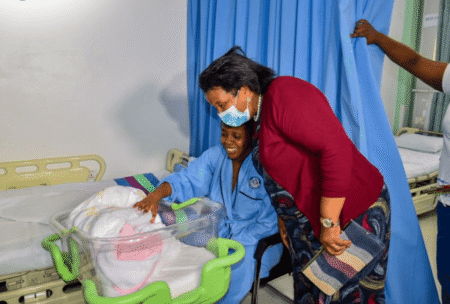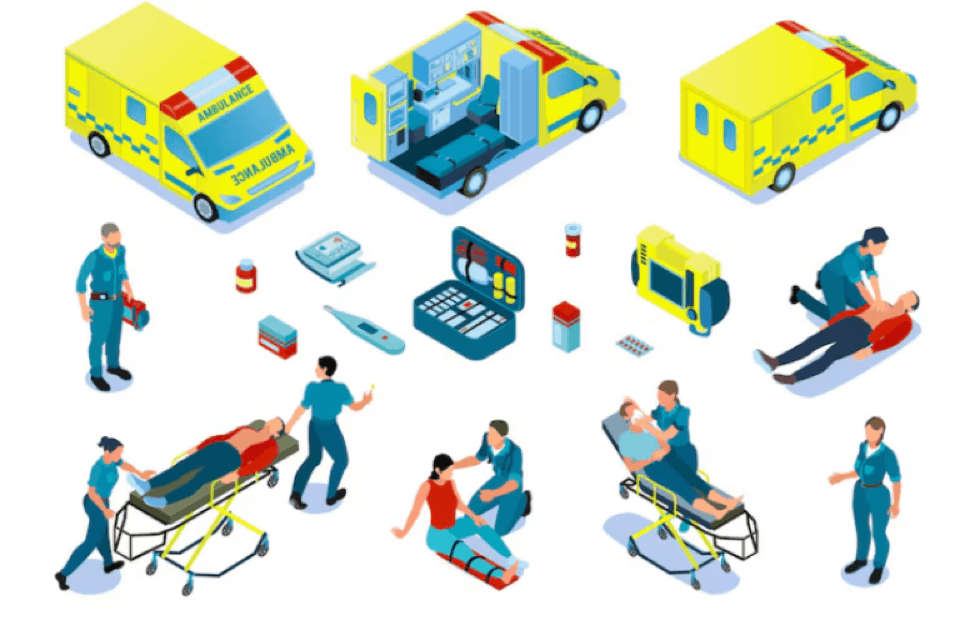M.P Shah Hospital is seeking a highly motivated and skilled Clinical Nurse Instructor to join our team. The ideal candidate will play a key role in educating nursing students and clinical staff, equipping them with essential skills to deliver high-quality patient care. Key responsibilities include developing and implementing educational programs based on best practices, providing clinical supervision, mentorship, and coordinating annual competency reviews to foster professional growth and ensure excellence in nursing practice.
ADVERTISEMENT-CLINICAL NURSE INSTRUCTOR –CHILDREN’S HOSPITAL
This position reports to the Nurse Manager – Children’s Hospital.
Roles & Responsibilities:
1. Instruction and Training
- Develop and deliver nursing education programs and clinical training sessions for students and staff.
- Utilize various teaching methodologies to enhance learning and skill acquisition.
2. Clinical Supervision
- Oversee and assess the clinical performance of nursing students and staff in healthcare settings.
- Provide constructive feedback and guidance to improve clinical competencies.
3. Curriculum Development
- Participate in developing and revising nursing curricula to ensure alignment with best practices and educational standards.
- Incorporate evidence-based practices and the latest research into educational content.
4. Assessment and Evaluation
- Design and implement assessment tools to evaluate learning outcomes.
- Conduct regular evaluations to ensure instructional effectiveness and implement improvements.
5. Mentorship and Support
- Mentor nursing students and clinical staff, offering guidance and support throughout their training.
- Foster a positive learning environment that promotes professional growth.
- Participate in orientation and training of new nursing staff and students.
6. Collaboration and Communication
- Collaborate with faculty, nursing staff, and healthcare professionals to enhance the quality of education and clinical practice.
- Maintain clear communication with students, faculty, and healthcare teams regarding educational progress and expectations.
7. Continuing Education
- Stay updated on advancements in nursing practice and education through ongoing professional development.
- Encourage lifelong learning among students and clinical staff.
8. Quality Improvement
- Participate in quality improvement initiatives related to nursing education and clinical training.
- Contribute to accreditation processes and ensure compliance with educational standards.
Key Performance Areas
1. Clinical Outcomes
2. Patient Care Quality
3. Patient and Family Satisfaction
4. Staff Performance and Development
5. Operational Efficiency
6. Regulatory and Safety Compliance
7. Resource Management
Qualifications, Regulatory & Legal Requirements
1. Must be a Registered Nurse with at minimum a Bachelor’s degree in Nursing (BScN)
2. Higher Diploma in a related specialization e.g. Paediatrics, Paediatric Critical Care is an added advantage.
3. Certification in nursing education or a related field (preferred).
4. Must hold valid licensure from the Nursing Council of Kenya.
5. Minimum of 7 years of clinical nursing experience.
Application Instructions
Interested and qualified candidates in the above positions are encouraged to forward their applications to the hospital recruitment portal through the link below: https://recruitment.mpshahhosp.org:6670/careers on or before 20th June 2025.
Applications will be considered on a rolling basis until the position is filled. Early submission is encouraged.
‘MP Shah Hospital is an equal opportunity employer’











